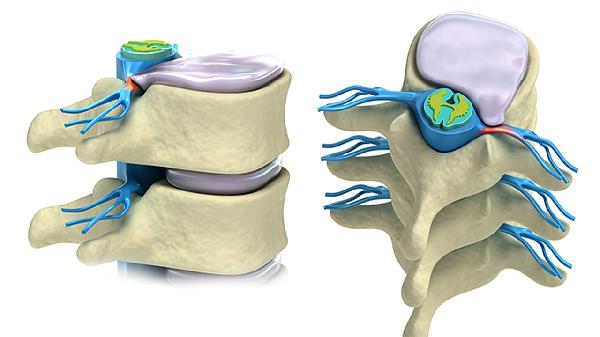Getting fired from my first corporate gig was a gut punch I didn’t see coming—even though, looking back, all the signs were there. That Friday in October, I logged into what I thought was just another routine Zoom meeting, only to be blindsided by the news. The anger hit first—anger at myself for ignoring the red flags, for pushing through exhaustion like it was some badge of honor. But beneath that? Relief. Because as much as I loved that job, it had been sucking the life out of me for years. Burnout wasn’t just a buzzword; it was my daily reality. And it took losing everything to finally make me stop.
The Slow Burn: How I Missed the Warning Signs
Burnout doesn’t happen overnight. It’s more like a frog boiling in water—you don’t realize you’re cooked until it’s too late. For me, it started with small things: skipping lunches to hit deadlines, answering emails at 2 AM, brushing off friends with “I’m just tired.” Then came the physical stuff—the tension headaches that Advil couldn’t touch, the nights where I’d stare at the ceiling replaying work drama instead of sleeping. My body was screaming at me, but I treated it like background noise. After all, this was my dream job! I was supposed to hustle, right? Wrong. Hustle culture is a scam, and I was its perfect mark.
The Breaking Point: When My Body Shut Down
The week before I got fired, I woke up with what I thought was the flu. Chills, nausea, a fatigue so deep it felt like my bones were made of lead. But here’s the kicker—it wasn’t a virus. My doctor called it “adrenal fatigue,” a fancy term for “your stress hormones have officially tapped out.” She told me to rest, but rest wasn’t in my vocabulary. So I powered through, chugging cold brew like it was oxygen, until my boss finally pulled the plug. In hindsight, getting fired was the best thing that could’ve happened. My body had been begging for a break, and corporate America wasn’t going to give me one voluntarily.
Rebuilding After the Crash
Unemployment hit different this time. Instead of frantically job hunting, I did something radical: nothing. Well, not nothing—I slept. A lot. I cooked meals that didn’t come from a microwave. I took walks without checking Slack. Slowly, the brain fog lifted, and I started asking myself hard questions: Why did I equate my worth with productivity? Who was I outside of my job title? Therapy helped, but so did simple things—like rediscovering my love for painting, something I hadn’t done since college. Turns out, creativity is a hell of an antidote to burnout.
The Silver Linings Playbook
Losing my job forced me to redefine success. Before, it was all about promotions and paychecks. Now? It’s about boundaries. My new non-negotiables: no work emails after 6 PM, actual lunch breaks, and weekends that belong to me—not my inbox. I’m freelancing now, which comes with its own stressors, but the difference is night and day. I set my hours, I say no to projects that don’t light me up, and I finally understand that rest isn’t laziness—it’s survival. Funny how getting fired taught me more about self-worth than any performance review ever did.
If you’re reading this while secretly doom-scrolling on your work phone, let this be your sign: burnout isn’t a rite of passage. It’s not something to “push through.” Listen to your body before it forces you to. And if you do crash? Remember—sometimes the universe fires you so you can finally fire up the life you actually want.
























